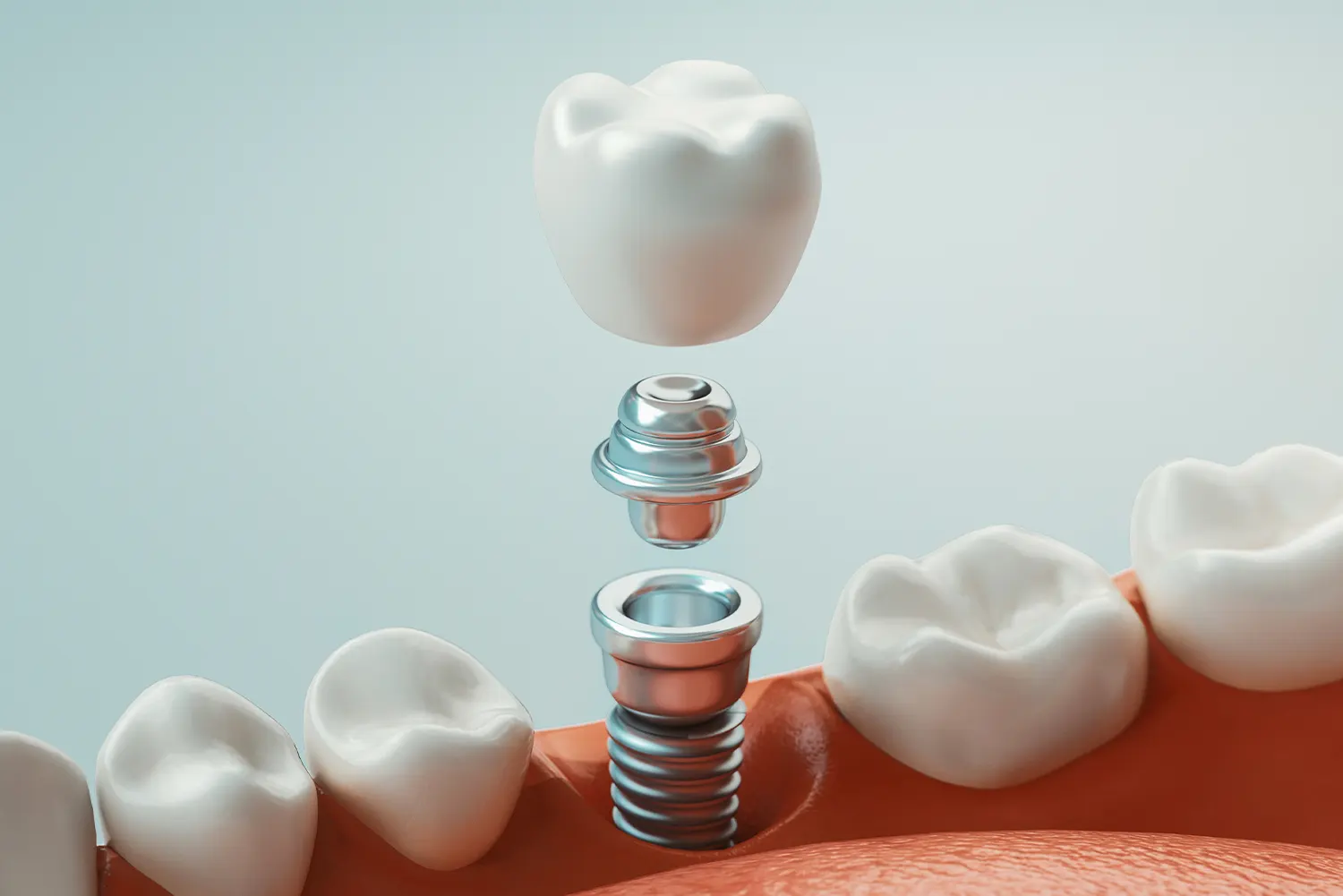
How Long Do Dental Implants Last?
Dental implants have revolutionized the way we approach tooth replacement, offering a durable and natural-looking solution that can last for many years. However, the longevity of dental implants can vary based on several factors. Whether you're considering dental implants or already have them, understanding their lifespan and how to maximize their durability is crucial. In this blog, we'll explore the factors that influence how long dental implants last and what you can do to ensure your investment continues to pay off for years to come.
Factors Affecting the Longevity of Dental Implants
Dental implants are designed to be a long-term solution, but their lifespan can be influenced by various factors, including:
- Oral Hygiene: Maintaining excellent oral hygiene is paramount. Regular brushing, flossing, and dental check-ups can prevent gum disease and other issues that might compromise the implant.
- Bone Health: The density and health of your jawbone play a critical role. Sufficient bone density is necessary to support the implant securely.
- Smoking: Smoking can significantly reduce the lifespan of dental implants. It impairs healing and increases the risk of implant failure.
- Diet: A balanced diet that supports bone health can contribute to the longevity of your implants. Avoiding excessive sugar and hard foods can also prevent damage.
The Implant Procedure and Its Impact on Longevity
The success of dental implants also heavily depends on the surgical procedure and the expertise of the dentist. The process involves:
- Surgical Placement: The implant is surgically placed into the jawbone. A skilled and experienced dentist ensures precise placement, which is crucial for long-term success.
- Osseointegration: This is the process where the implant fuses with the jawbone, providing a stable foundation. Successful osseointegration is essential for the implant's durability.
- Restoration: The final step involves placing a crown on the implant. The quality of materials used and the fit of the crown can affect the implant's longevity.
Signs That Your Dental Implants May Need Attention
While dental implants are designed to last, it's important to be vigilant and watch for signs that may indicate an issue:
- Discomfort or Pain: Persistent pain or discomfort around the implant site may signal a problem.
- Loose Implant: If the implant feels loose or unstable, it requires immediate dental attention.
- Gum Inflammation: Swelling, redness, or bleeding around the implant can be a sign of gum disease or infection.
If you notice any of these symptoms, it's essential to consult with your dentist promptly to address potential issues before they compromise the implant.
Maximizing the Lifespan of Your Dental Implants
To ensure your dental implants last as long as possible, consider the following tips:
- Regular Dental Visits: Schedule regular check-ups with your dentist to monitor the health of your implants and address any concerns early.
- Good Oral Hygiene: Brush and floss daily to keep your mouth healthy and prevent issues that could affect your implants.
- Healthy Lifestyle: Avoid smoking and maintain a balanced diet to support both your overall and oral health.
- Mouthguards: If you grind your teeth at night, consider using a mouthguard to protect your implants from excessive force.
Secure Your Smile with Omni Dental Group in Leland, NC
Ready to invest in a smile that lasts a lifetime? At Omni Dental Group, Dr. Josh Frazer and his expert team are dedicated to providing top-notch dental care in Leland, NC. Whether you're considering dental implants or need maintenance for existing ones, we're here to help. Don't wait to secure the health and beauty of your smile—call us today at (951) 215-5564 to schedule your appointment and take the first step towards lasting dental health.
Recent Articles

Same-Day Crowns and Bridges: Less Stress for Your First Restorative Visit

How to Choose the Best Dentist for You

Standard Cleaning vs. Deep Cleaning: When to Choose Each Service

